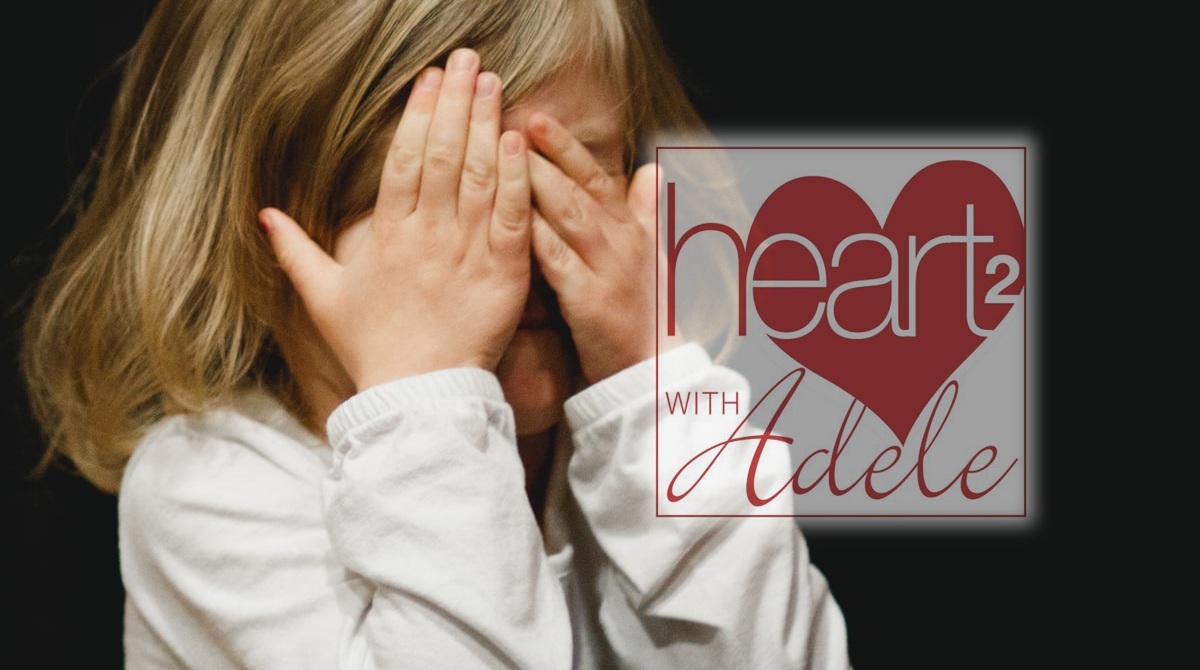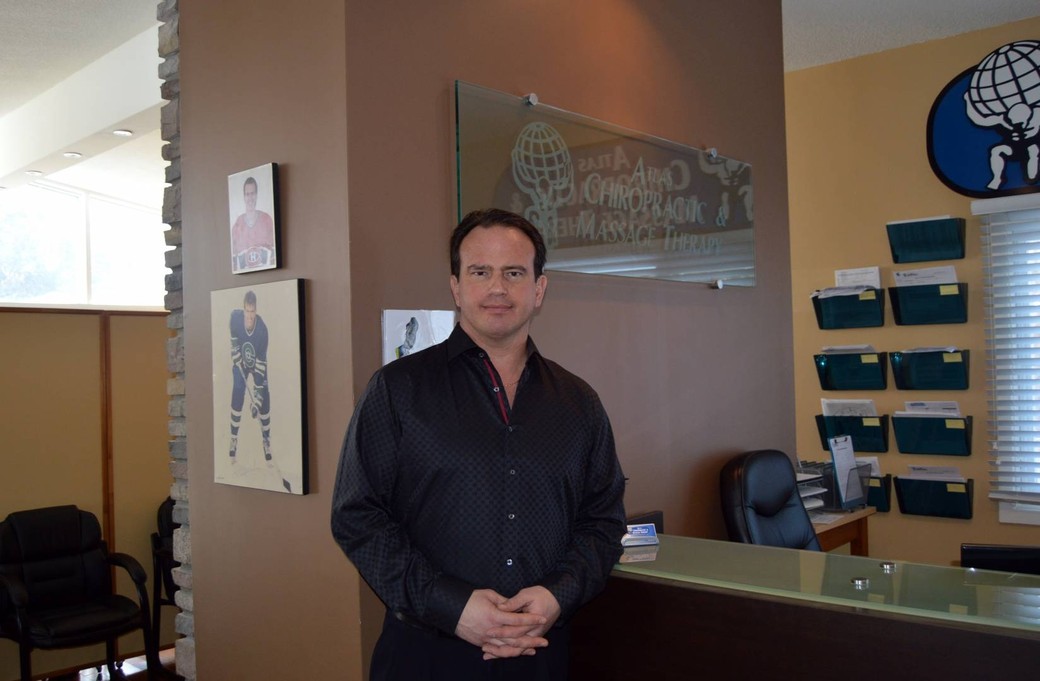
Getting family support during the pandemic
QUESTION:
Dear Adele,
My husband and I live in a rented apartment building with paper thin walls! Recently we have heard frequent loud arguments, yelling, banging and the sounds of crying children coming from our neighbours unit. We have concerns about the well-being of the toddler and infant who live there but don’t wish to be nosy neighbours either. What should we do, if anything?
Can’t Help Worrying
ANSWER:
Dear Can’t Help Worrying,
Neither can I! Those little ones may be in trouble and the family sounds like it needs support.
According to the Ontario Association of Children’s Aid Societies (OACAS) child abuse includes physical, emotional, and sexual abuse and /or neglect. In case you are unsure about what these look like, I will give you some help.
Physical abuse is “the deliberate use of physical force which results, or could result in injury to a child. It includes bruising, cuts, punches, slapping, beating, shaking, burning, biting, or throwing a child.” Use of an implement or object to punish the child is also considered abuse.
Emotional abuse is a parent or guardian’s behaviour that undermines a child’s emotional development and sense of self-esteem. It can include “demands on the child that are beyond his or her capacity, and constant criticizing, teasing, belittling, insulting, rejecting, ignoring or isolating.” It also includes exposure to domestic violence.
Sexual abuse is “when a child is used for the sexual gratification of an adult or older child.”
Neglect occurs when there is a “failure to provide the basic needs of food, sleep, safety, education, clothing or medical treatment.” Inadequate supervision is also considered neglect.
A new study of Ontarians by OACAS, in September 2020, found that 42 per cent of us said they needed extra assistance from social services during the pandemic. The top challenges were mental health for adults (28 per cent), mental health for children and youth (12 per cent) and financial insecurity (15 per cent). Over half (53 per cent) of families with a child or children under 18 years of age indicated the need for additional help from social services during the pandemic. Of those, two thirds said they did not know how to access social services in their community. This Angus Reid online poll additionally found that 4/5 of such families know at least one other family needing help and two thirds know several families experiencing difficulty.
The Ottawa Citizen warns of an increase in infants getting injured. Elizabeth Payne reports that Dr. Michelle Ward, a pediatrician and medical director for Child and Youth Protection, found that CHEO had seen more than twice as many babies with serious trauma injuries and maltreatment concerns than during the same period a year earlier. The numbers spiked in December and January. Ward said that injuries to very young children are linked with high levels of stress in parents as well as crying babies. She thinks that everyone is struggling right now and that effective coping skills are less. She went on to say that physicians in other parts of the country are seeing similar increases in maltreatment injuries in infants. It occurs in people with all levels of education and from all socio-economic backgrounds.
Payne writes “On Friday, CHEO, along with Ottawa Public Health and the Children’s Aid Society of Ottawa, issued the extraordinary public announcement, urging pandemic stressed parents and caregivers to seek help and others to support them . . . There are community supports even during a lockdown.”
The Ottawa Children’s Aid Society’s website addresses COVID-19 issues. It states that “during that time of increased anxiety, vulnerable children, youth and families need support and care more than ever.”
So, Can’t Help Worrying, you are not being a nosy neighbour by trying to get support for the family who lives next to you. Where there is smoke there may be fire. May I suggest you call the Ottawa Children’s Aid Society immediately. (613-747-7800) This can be done anonymously. You do not need to wait until you are certain the children are at risk. A possible problem is enough. The CAS will take it from there.
A child protection worker will visit the family, help assess their strengths and weaknesses and assist them to access resources, if needed. According to the 2013 Ontario Incidence Study by Dr. Barbara Fallon, 97 per cent of all investigations result in the children remaining in the home and help being given to strengthen the family, so the children can be safer. The average worker remains involved approximately 22 months to resolve the situation. Budgets, resource deficiencies, substance abuse, partner violence and parenting skills are common areas reviewed.
Thank you for writing Can’t Help Worrying. I hope you will call the CAS today! You might save a child or two from significant injuries or harm.
Sincerely, Adele
I'm looking forward to your questions! Email me at maryadeleblair@gmail.com and please put Heart to Heart in the subject line. Note that all columns will remain anonymous.









